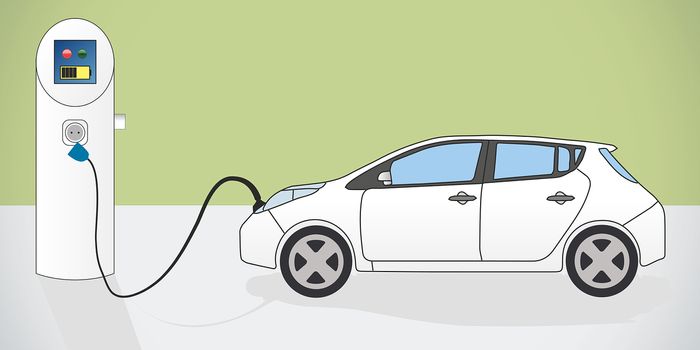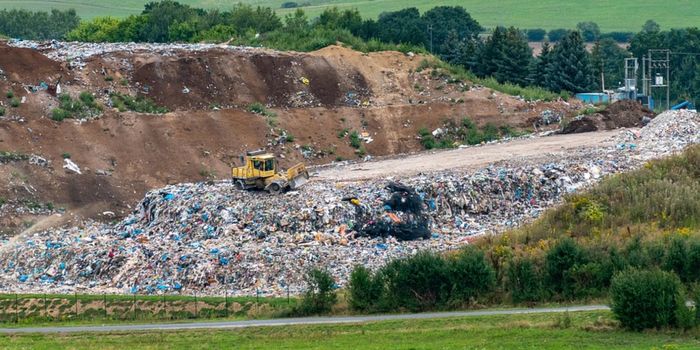To fight air pollution, Germany plans to make public transport free
In an attempt to fight air pollution (as well as meet EU air pollution targets in order to avoid costly fines), Germany has proposed making public transportation free of charge! Though public transport is already very popular in Germany, the hope is that making it free will encourage even more residents to use the system.
In a letter to the EU environment commissioner, Karmenu Vella, three ministers including the environment minister, Barbara Hendricks, wrote: “We are considering public transport free of charge in order to reduce the number of private cars. Effectively fighting air pollution without any further unnecessary delays is the highest priority for Germany.”
Though the proposal was anything but concrete, the ministers said that this new strategy will be seen throughout five cities of western Germany by the end of the year. These included Bonn, Essen, and Mannheim. However, they stressed that the responsibility for adopting ticketless travel will be upon the cities themselves. The ministers also proposed to tighten emissions restrictions on buses and taxis and invest in more car-sharing systems.
And yet there seems to be a lot of finger-pointing as to who is going to finance this proposal. According to ifinanceguide.com A statement from Greenpeace encouraged the government to “make sure that the car manufacturers finance the emergency measure” for free transport. BMW and Volkswagen have agreed to invest in improving local transport and some car companies have recently taken steps to promote electric vehicles.
Local governments recognize the perhaps unrealistic ambitiousness of the plan. Of course, it makes sense that if transport was free, the number of people using public transportation would soar. “I don’t know any manufacturer who would be able to deliver the number of electric buses we would need,” said Bonn mayor Ashok Sridharan. Helmut Dedy, chief of the Association of German Cities was firm in stating expectations of the federal government: “We expect a clear statement about how [free transport] will be financed."
The German newspaper, Die Welt, voiced the concern that local governments are feeling even more succinctly: “The conclusion would be clear: more carriages, more personnel, and maybe even more tracks and lines would be needed. Where would the billions for that come from?”
But then, what if we turn that question on its side: where would the billions of dollars (approximately $24.7 billion spent annually in the EU) for health costs due to poor air quality and pollution come from? Wouldn’t it be better to act preventatively, both for our own health and the health of the planet?
Sources: The Guardian, The Local (1) (2),









